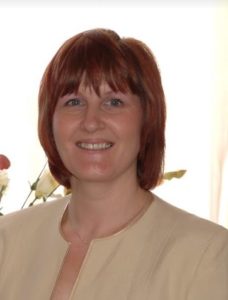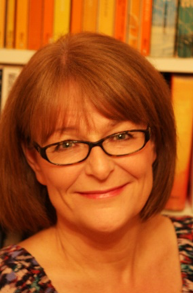The EBN Twitter chat on Wednesday 15th May was hosted by @EBNursingBMJ and Associate Editor, Lisa Kidd, as part of our special week of activities to mark Action on Stroke Month. The chat (#ebnjc) focussed on clinical priorities in the acute and longer-term management of stroke, how to involve and work with stroke survivors and their families in a more collaborative way, and priorities for future stroke research. This blog provides a short summary of the key discussions and links to further work.
In relation to the clinical priorities in the acute management of stroke, the discussion focused on the importance of early awareness of stroke symptoms, early action and the role of thrombectomy. The chat emphasised that thrombectomy use is sporadic across the UK with very few services providing 24/7 cover. There’s clearly a pressing need for this approach but also further work to be done to ensure that staff have the right skills, training and support to deliver the service.
On the subject of the longer-term management of stroke, the discussion highlighted the need to design and implement services that address people’s needs and priorities in a person-centred way. There’s a need to develop systems and cultures of care which ‘build trust, connectivity and capability’ and which embed these principles as core components of care delivery. There’s also a need to encourage practitioners to be confident and courageous and to promote a safe environment for practitioners to enact person-centred care. Some information on relevant work that is being done in New Zealand on the Living Well Toolkit can be found here (https://cpcr.aut.ac.nz/research/resources/living-well-toolkit). Some links to further reading on person centred approaches for people with long-term conditions were also posted and can be found here (https://www.tandfonline.com/doi/pdf/10.1080/09638288.2019.1587793?needAccess=true and https://www.tandfonline.com/doi/pdf/10.1080/09638288.2018.1561952?needAccess=true and https://onlinelibrary.wiley.com/doi/full/10.1111/hex.12453).
In relation to involving stroke survivors and families in a more collaborative way, discussions centred around the need to realise the impact that stroke can have across the wider family and the importance of asking people what is important to them so that as practitioners, we can work better with people in a more collaborative way that aligns with their needs and priorities (rather than ours as practitioners). Some really helpful projects and ideas around co-design and co-creation with stroke survivors and families emerged from the discussion. You can find more information here: @Lab4Living, http://clahrc-yh.nihr.ac.uk/our-themes/translating-knowledge-into-action/4-projects/enhancing-the-uptake-of-exercise-and-physical-activity-after-stroke-and-tia and @CREATE_project, https://www.journalslibrary.nihr.ac.uk/programmes/hsdr/1311495/#/).
Our last question focussed on priorities for future stroke research. The discussion highlighted the need to engage nurses in research at university levels so that the importance of this and evidence-based practice was valued and carried through across their entire careers. Another area of importance was to ensure that the voices and priorities of stroke survivors and their families was firmly embedded within future stroke research.
A huge thank you to all our Twitter chat contributors and to our blog contributors over the past week. If you haven’t had a chance to read these yet then you can find them here:
Treatment burden: the flip side for stroke survivors in a modern world by Dr Katie Gallacher (@gallacherkatie)
Treatment burden: the flip side for stroke survivors in a modern world.
A work in progress by Shani Shamah
Food for thought in acute stroke by Trish Elder-Gracie (@TElderGracie1)
Bladder rehabilitation in stroke survivors: why don’t nurses do it? By Professor Jo Booth (@Booth_jo)
Bladder rehabilitation in stroke survivors: why don’t nurses do it?
Involving the lived experience in stroke research by Phil Collis (@PhillipCollis)
Don’t forget to take part in the next @EBNursingBMJ Twitter chat using #ebnjc on Wednesday 28th May at 8-9pm (UK time).




